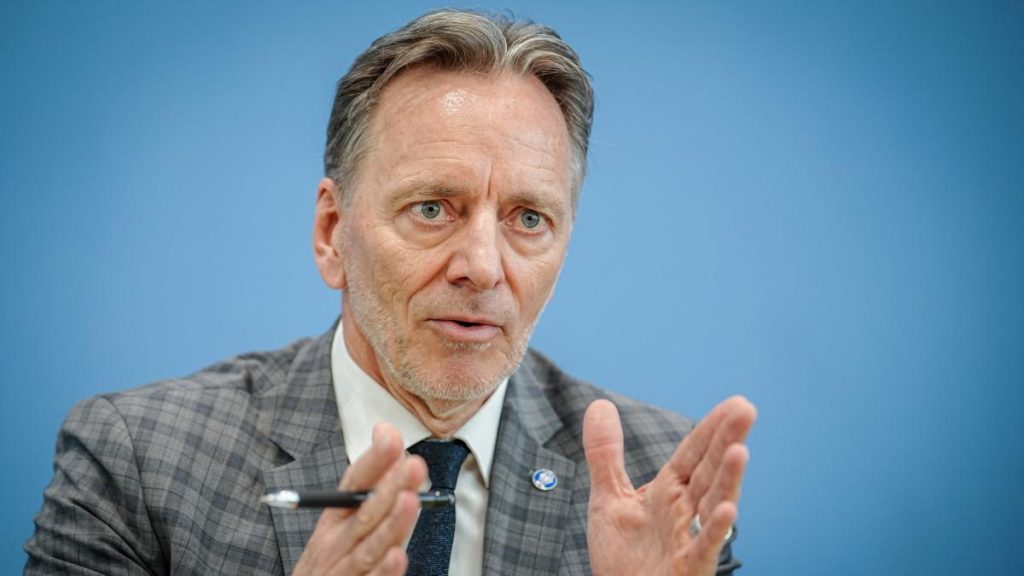The President of the Federal Criminal Police Office (BKA), Holger Münch, has expressed alarm over recent attacks on campaign helpers and politicians. Münch highlighted a noticeable increase in violence, attributing it to dissatisfaction with state institutions, which has led to insults, threats, and violence. He warned that these incidents are occurring more frequently as elections approach, with the European elections on June 9 and new state elections in Saxony, Thuringia, and Brandenburg in September. Münch stated that there were 5,400 crimes against officials and politicians last year, a threefold increase over the past five years, calling these figures an “alarm signal.”
Münch referenced the case of Dresden SPD European politician Matthias Ecke, who was severely beaten while putting up posters, as an example of the brutal violence that can result from political aggression. He emphasized the need to prevent such violence from escalating to attempted or completed murder, citing the case of Walter Lübcke, a Hessian CDU politician who was shot dead by a right-wing extremist in front of his home in 2019. Münch urged for vigilance and stated that the AfD has a special responsibility to contribute to a more rational debate culture, especially with their extensive presence on social media. He noted that the AfD could use their platform to calm tensions but expressed concern that many of their publications do not contribute to a peaceful discourse.
Münch stressed the importance of maintaining a level-headed discussion and criticized political actors who build scapegoats, such as by discussing the “foreigner problem” and “repatriation,” as contributing to polarization. He emphasized the need to not cede discussion spaces to those who are destructive and called for a more constructive dialogue. Münch’s comments reflect a broader concern about the escalating trend of violence against politicians and the potential impact on democracy. The BKA president’s statements indicate a growing recognition of the urgent need to address this issue and prevent further violent incidents in the future.
The rising number of attacks on officials and politicians is a troubling trend that poses a threat to the democratic process. Münch’s call for a more civil and constructive political discourse is essential to address the root causes of violence and prevent further escalation. The upcoming elections in Germany provide an opportunity to address these issues and work towards creating a more peaceful and respectful political environment. By highlighting the dangers of political aggression and emphasizing the importance of maintaining a rational and respectful debate, Münch has underscored the urgent need for collective action to address this pressing issue before it spirals out of control.


